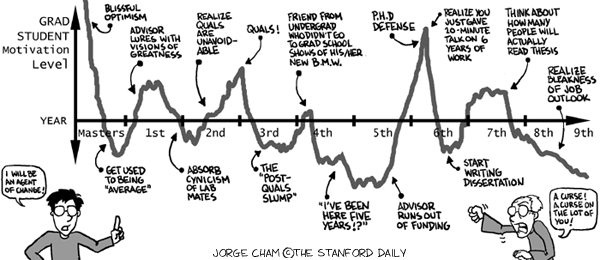How to proceed with my PhD? I'm 18 months into it, but I don't see this project going anywhere.
Perhaps I didn't do my due diligence or researched the position before accepting it. I'm working in a team with half a dozen other PhD's, and the "research" focuses on extending and improving an extensive software system. Thus, I'm not working independently and depend on my colleagues and professor.
The professor thinks it will revolutionize our field, but that is nonsense. The few articles my colleagues have published are either conference papers or on arXiv. Much of it is equations and "fancy words" that hide the lack of novelty. I don't know if my colleagues know it or if they are cynics and don't care. Perhaps they are just here for their PhDs. To boot, the system is old, and much of my time is spent bug fixing lousy code written by PhDs who left many years ago. I feel cheated. I was promised cutting-edge research, but this is not it. Some of you will probably say that I'm not "understanding" the research. At first, I thought so too. But it's been 18 months, so I understand now that there is nothing to understand.
Everything else about the job is excellent. Both my colleagues and professor are friendly and caring people. But they are perhaps not that "sharp."
I don't know what to do. I don't want to cause any conflict and perhaps become a pariah in the office, but I don't want to waste my time. I have ideas for the research I want to do, but I don't want to offend everyone. I don't want to quit my PhD because I want to work in science.


much of my time is spent bug fixing bad code, written by PhD's who left the many years ago.Believe it or not, this sounds like excellent preparation for a surprisingly large number of jobs...